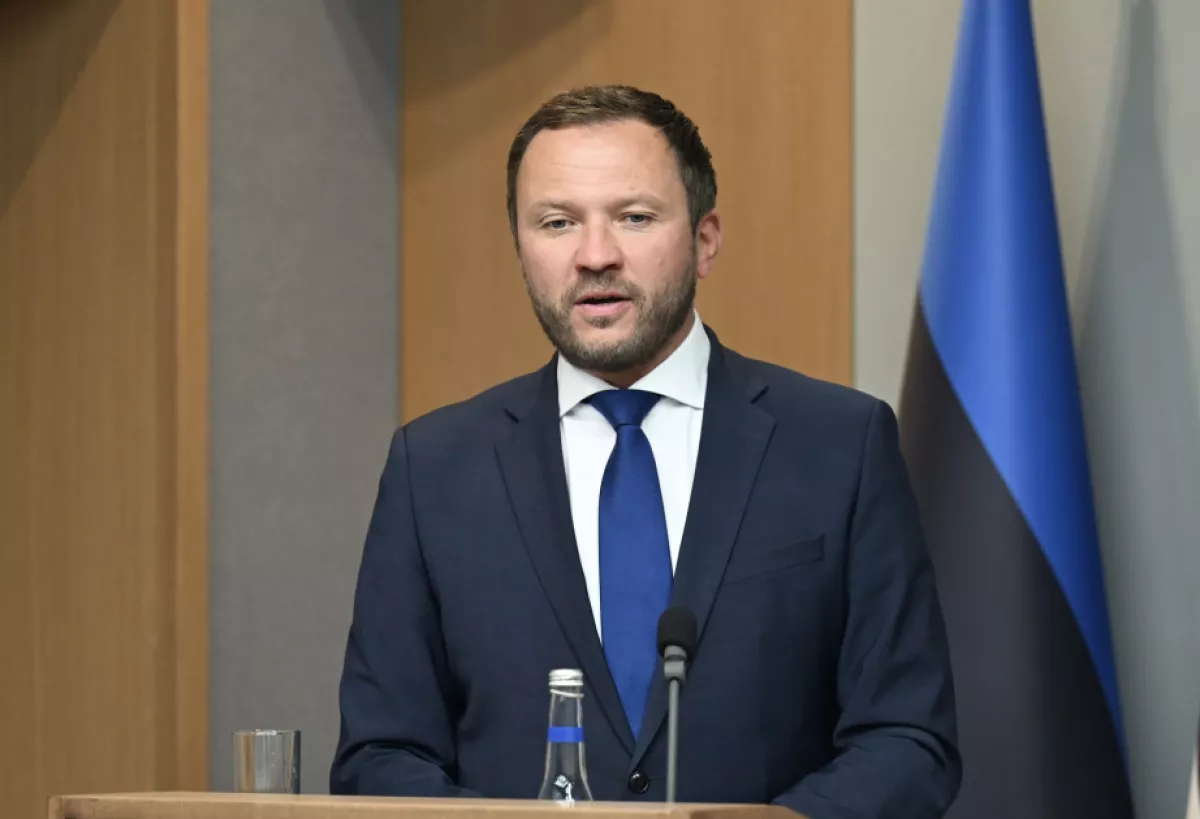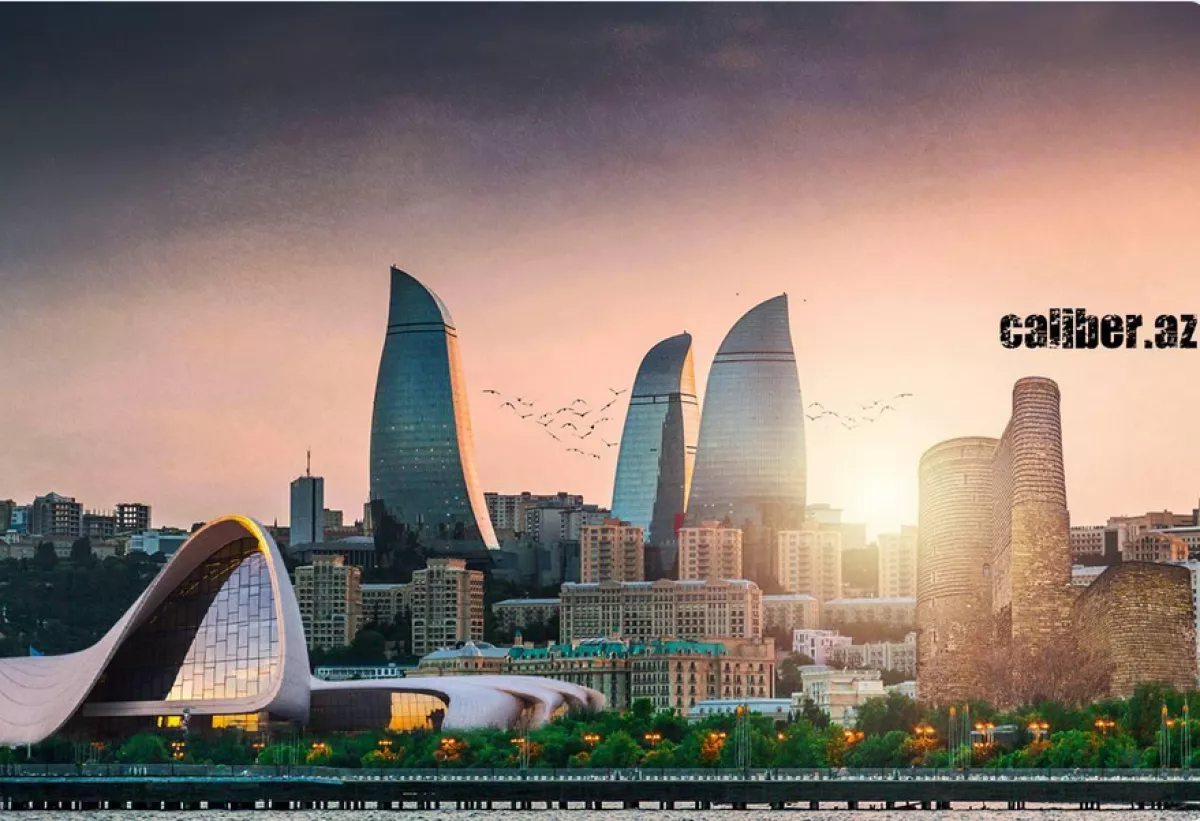Azerbaijan: a magnet for the European Union Estonia to open embassy in Baku
The intensification of geopolitical processes—both positive and negative—has led an increasing number of countries to seek partnerships with stable nations that have a clear strategic direction and international credibility. In this regard, the Republic of Azerbaijan ranks among the foremost.
A clear example of this is the decision of another European Union and NATO member state—Estonia—to open an embassy in Azerbaijan.
“The Estonian government should expand its representation in Azerbaijan. We will open a full-fledged embassy here soon,” said Margus Tsahkna, Estonia’s foreign minister, at a joint press conference with Azerbaijani Foreign Minister Jeyhun Bayramov in Baku.
Estonia’s plans to open its diplomatic mission can be seen not only as a measure to advance bilateral relations. In our view, this initiative is part of a broader European strategy in the South Caucasus—a region where the interests of Russia, Iran, Türkiye, and the West intersect, and where the European Union seeks to strengthen its presence.
In this context, Estonia, as a country with a firmly pro-European stance, serves as a kind of “bridge” between Eastern Europe and the South Caucasus, where Azerbaijan plays a key role. Today, the European Union perceives Azerbaijan as the centre of a new framework for East–West engagement.
Building on this assumption, we can identify the potential benefits for the EU from the establishment of an Estonian embassy in Azerbaijan.

First and foremost, Europe is currently prioritising energy independence from Russia, and Azerbaijan is playing an increasingly significant role in ensuring the EU’s energy security. The opening of the Estonian embassy in Baku will contribute to Europe’s overall energy strategy, while also allowing EU member states to advance their individual interests.
The second aspect concerns transport and logistics. As is well known, with the signing of the Washington Declaration, Azerbaijan and Armenia have entered a new phase of advancing a peace agenda, which includes the unblocking and reopening of transport routes. Positive developments are already evident in this area. During his recent visit to Kazakhstan, President Ilham Aliyev reported that all restrictions on cargo transit to Armenia via Azerbaijani territory have been lifted and that the Zangezur corridor could become operational by the end of 2028.
Thus, it can be confidently stated that in the near future, the South Caucasus is set to become a transport hub connecting continents, promising not only economic benefits but also the strengthening of the global standing of the beneficiary countries.

All of this has undoubtedly drawn the attention of European policymakers. The topic of Azerbaijan–EU cooperation in the transport sector was also raised during President Ilham Aliyev’s meeting with the President of the European Council and the President of the European Commission in Copenhagen. During the meeting, António Costa and Ursula von der Leyen congratulated the Azerbaijani leader on the achievements reached in Washington regarding the peace agenda between Armenia and Azerbaijan, noting that the development of transport infrastructure in the region is a key priority for the European Union.
Consequently, it can be said that the opening of the Estonian embassy in Baku signals Europe’s recognition that the South Caucasus, following the historic agreements reached in Washington, is gaining increasing importance in the eyes of the international community. Azerbaijan is becoming a centre of attraction for various global actors, as President Ilham Aliyev emphasised: “Not a single project can be implemented in the region without our consent – be it political, economic or energy.”








